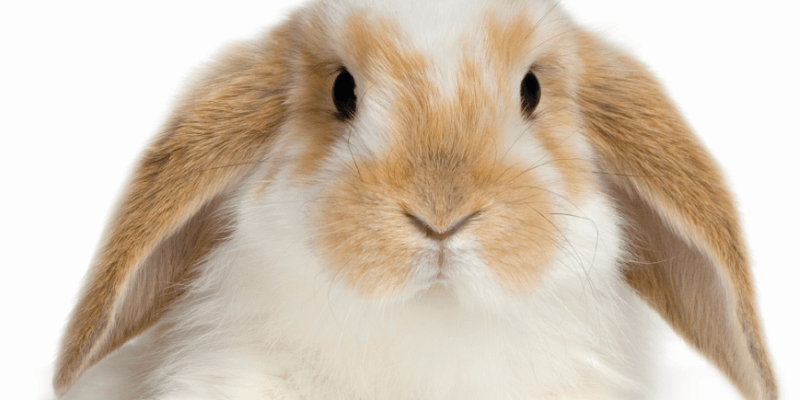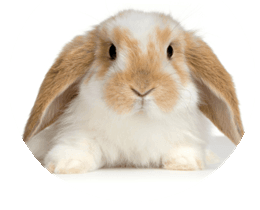Identifying Skin Disorders in Small Animals
Knowing your small pet and the condition of their coat will help pet owners and care providers identify skin disorders, prompting fast and effective treatment. Some of the most common signs and symptoms of skin disorders in small animals are:
- Excessive itching
- Redness or inflammation
- Scaling
- Thickness of the skin
- Hair loss
Pruritus, or abnormal itching, is present in many types of skin diseases and is generally caused by secondary infections. Determining what is causing the itching prompts effective treatment. If left untreated, itching may create additional problems such as scabbing, hair loss, fluid discharge, and pain.
Vulnerable areas on the skin may lead to bacterial or yeast infections caused by skin inflammation and irritations. To help provide veterinarians with an adequate history of problems and to help develop prompt diagnosis and treatment of skin disorders, pet owners should take notes and be able to specify information such as:
- The length of time the condition has been present.
- How old was the small animal when the condition became apparent?
- The breed of the pet. Some breeds are more prone to abnormal skin conditions than others.
- Does your pet constantly rub, lick, chew or scratch its skin?
- Has the problem got worse?
- The season in which the skin problem first became apparent.
- The area of the body where the condition first became apparent.
Types of questions to consider are:
- How often do you bathe your animal?
- What types of products do you use when bathing your small pet?
- Does the animal normally suffer from ticks, fleas, or mites?
- What types of products do you use to combat these issues?
- In what type of environment does the pet spend their day? Outdoors? Indoors? Both? Grassy areas? Dirt? Fields?
Determining the answers to such questions will help pet owners or care providers pinpoint the potential cause of various skin conditions and develop adequate treatments for the relief of the animal.


